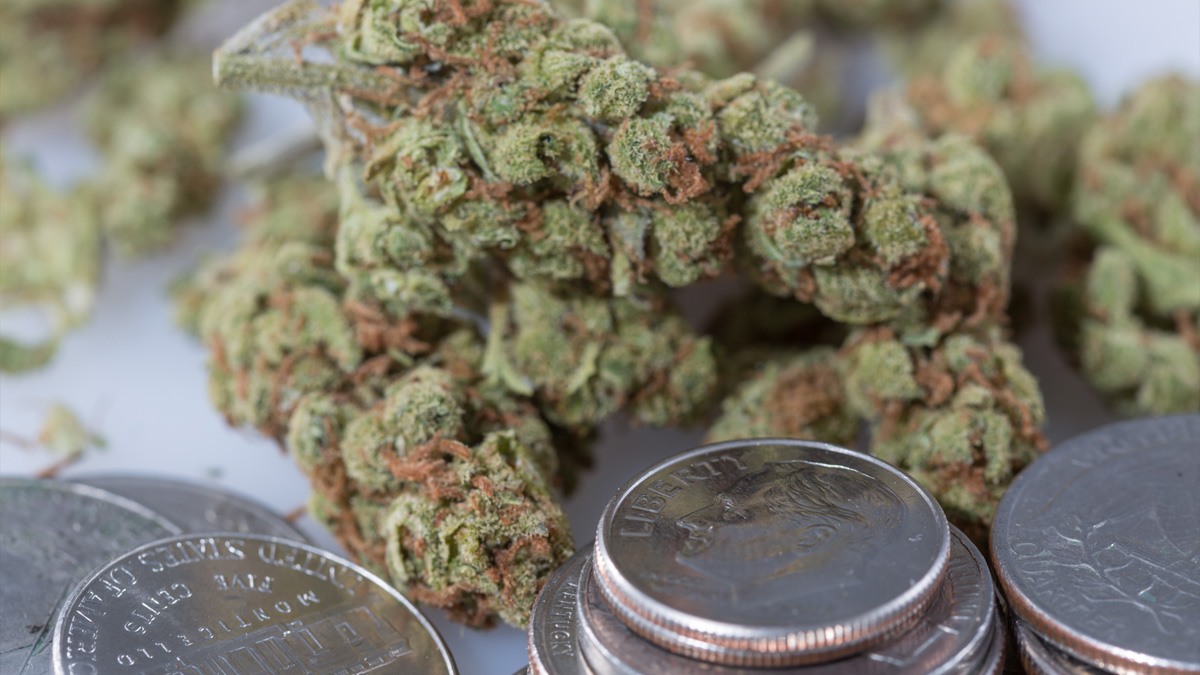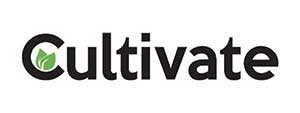
Arizona has awarded the first round of Justice Reinvestment Grants to 18 community nonprofits, state officials announced last week. The program, created by the state’s 2020 marijuana law, is funded by revenue from taxes on legal cannabis sales.
The grants program supports a variety goals of including public and behavioral health, such as substance use prevention and treatment; workforce development and mentorship programs in economically disadvantaged areas; “addressing the underlying causes of crime” and reducing the state prison population; and developing technology or programs to restore civil rights and expunge criminal records.
By statute, the program receives 35 percent of the state’s Justice Reinvestment Fund, which is funded by 10 percent of tax revenue from legal cannabis sales. Another 35 percent of the fund goes to county public health departments, while the remaining 30 percent is funneled to the Arizona Department of Health Services (ADHS) “for the purpose of addressing important public health issues that affect this state,” the law says.
The grant program’s first round of awardees include the following organizations:
- Northland Family Help Center
- Hushabye Nursery
- Axiom Community of Recovery
- Cihuapactli Collective
- Stuck Community Acupuncture, Inc
- Phoenix Indian Center
- Arouet Foundation
- Friendly House
- Jobs for Arizona’s Graduates (JAG)
- Persevere
- Constructing Circles of Peace
- Regional Center for Border Health, Inc. – Yuma
- Regional Center for Border Health, Inc. – Parker
- Arizona Democracy Resource Center
- Southern Arizona Legal Aid, Inc.
- The Bambi FundJust Communities Arizona
- Our Sister Our Brother
ADHS said in a press release that the office began by undertaking an analysis that “identified priority communities across the state, where 18 listening sessions were held.” Those sessions highlighted public interest in a variety of services that participants said would be beneficial to their communities, the agency said, including neighborhood safety and community space, such as parks and community centers; cultural awareness training; more accessible healthy food and affordable housing; stigma reduction and culturally appropriate health services; technology training for formerly incarcerated people; youth development; and substance use education and prevention.
“The awarded projects address all of the key focus areas outlined in the statute and in the community listening sessions and represent communities from across the state of Arizona,” ADHS said. “Moving forward, the Office of Health Equity will develop a robust program evaluation process to ensure that funded projects serve the intended communities and create a positive impact. The program evaluation will assess if awardees meet their determined goals and the data collected will be used in efforts to continuously improve the program.”
The office, part of ADHS, will work to “share best practices, lessons learned and build partnerships to support the communities served,” the release said.
State officials announced earlier this month that legal cannabis sales for 2023 passed the $1 billion mark sometime in September.
Arizona is among states with legal cannabis that route at least some portion of revenue toward community reinvestment. New Jersey, for example, recently opened another application round for the state’s marijuana social equity funding program, which will make $150,000 grants to awardees and offer eight weeks of technical assistance.
California, meanwhile, announced it was opening applications for $48 million in marijuana tax-funded community reinvestment grants, which support job placement, legal assistance, treatment of mental health and substance use disorders, referrals to medical care and other services for communities that have been disproportionately affected by the drug war. That program, which awards grants of up to $3 million, is funded exclusively through state cannabis revenue.
In June, California regulators at the Department of Cannabis Control (DCC) announced the award of $4.1 million to 18 local governments through a first-of-its-kind program to support cannabis business licensing programs and curb the illicit market.
DCC also recently awarded nearly $20 million in research grants, funded by marijuana tax revenue, to 16 academic institutions to carry out studies into cannabis—including novel cannabinoids like delta-8 THC and the genetics of the state’s numerous “legacy” strains. And in February, state officials announced the award of $15 million in grants to support local efforts to promote equity in the marijuana industry.
Both California and Michigan recently announced new grant rounds in November that are aimed at social equity. California’s program will allocate $15 million in funds to local jurisdictions with equity programs, while Michigan’s will put $1 million toward equity applicants’ employee education, business needs and/or community reinvestment.
Meanwhile, Illinois paid out $45 million in grants last year under its Restore, Reinvest, and Renew (R3) program, which was established under the state’s adult-use cannabis legalization law. Funds went to 148 programs run by organizations operating on relatively small budgets in communities designated as socioeconomically disadvantaged.
Ben Adlin via (https://www.marijuanamoment.net/arizona-awards-justice-reinvestment-grants-to-18-community-nonprofits-paid-for-with-marijuana-revenue/)
Keep out of reach of children. For use only by adults 21 years of age and older.
